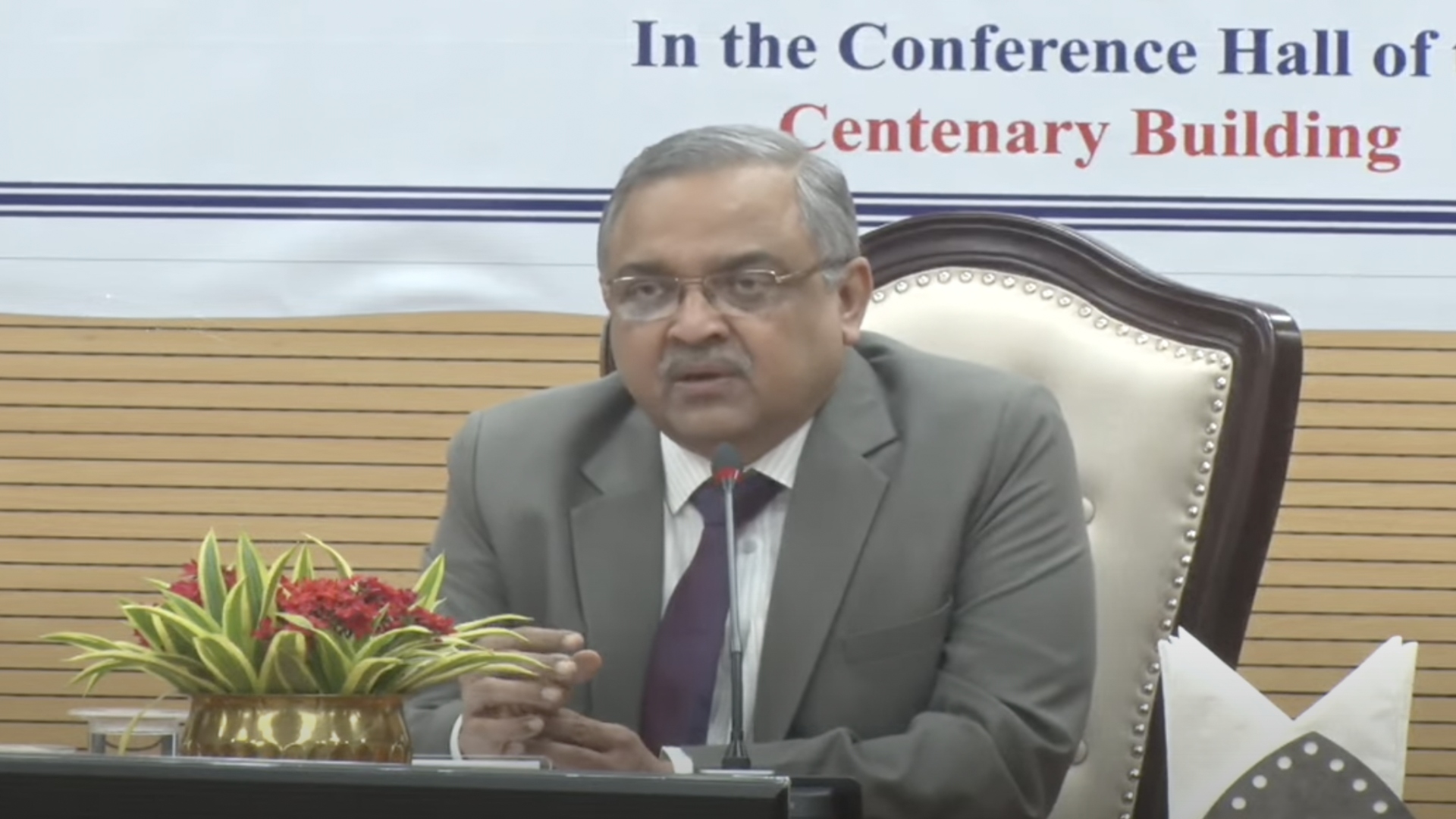Andhra Pradesh Chief Minister N. Chandrababu Naidu has sparked fresh debate on the growing population imbalance between northern and southern India, suggesting that families with more than two children be incentivized.
This comes after his government, formed in June, repealed the two-child policy for local body elections, which had previously barred individuals with more than two children from running for local office. Naidu now proposes going a step further by introducing a law that would permit only candidates with more than two children to contest in these elections.
Naidu’s advocacy for larger families is part of a broader strategy aimed at addressing concerns about population decline in Andhra Pradesh, particularly in the context of national politics. During a recent event, Naidu emphasized, “We are considering incentives for families with more children to encourage couples to expand their families. We have already repealed the earlier law, and we plan to introduce a new one allowing only those with more than two children to contest local body elections.”
Concerns About Delimitation and Political Representation
A key factor driving Naidu’s proposal is the potential impact of population decline on political representation. With the upcoming census, there is growing concern that southern states, which have effectively implemented population control measures, may lose parliamentary seats in the next delimitation exercise. Northern states, where population growth remains high, are expected to gain additional seats, which could shift political power away from the south.
Naidu’s concerns echo similar sentiments from Tamil Nadu Chief Minister MK Stalin, who recently highlighted the issue at an event in Chennai. Stalin questioned why southern states should continue limiting family sizes when it could result in fewer Lok Sabha constituencies, humorously adding, “Why shouldn’t we aim for 16 children?”
Financial Implications for Southern States
Beyond political representation, there are fiscal implications for states with lower population growth. The Finance Commission allocates tax revenues based on population, and states with higher populations receive a larger share. For instance, Uttar Pradesh, with its large population, received Rs 31,962 crore in allocations, significantly more than the combined Rs 28,152 crore given to the five southern states of Andhra Pradesh, Karnataka, Kerala, Tamil Nadu, and Telangana.
Until 2010, tax-sharing was based on the 1971 census. However, the 15th Finance Commission, effective from 2020, uses the 2011 census data, benefiting states with higher population growth. As a result, northern states like Uttar Pradesh and Bihar have gained, while southern states, which have seen success in controlling their population growth, are receiving a smaller portion of tax revenues.
Population Decline and Aging Concerns in the South
According to data from the Ministry of Health and Family Welfare, the total fertility rate (TFR) in Andhra Pradesh dropped to 1.5% in 2020, with other southern states like Kerala, Tamil Nadu, Telangana, and Karnataka also experiencing declining fertility rates. Tamil Nadu has a TFR of 1.4%, while Kerala and Telangana stand at 1.5%, and Karnataka at 1.6%. These figures are below the national average fertility rate of 2%.
The declining fertility rates in southern states indicate an aging population, which poses long-term challenges. As the population ages, the financial burden on these states is likely to increase, with higher expenditure on pensions and welfare programs for the elderly.
Balancing Population and Development
Naidu’s proposal to incentivize larger families raises complex questions about balancing population growth with economic and social development. While it aims to safeguard political representation and financial allocations, it also highlights the challenges that states with controlled populations face in the national context. Southern states have long been hailed for their successful population control measures, but as the country prepares for its next census, the debate over population and its consequences on governance and finance is likely to intensify.
Also Read: Omar Abdullah Resigns From Budgam And Retains Ganderbal constituency


















